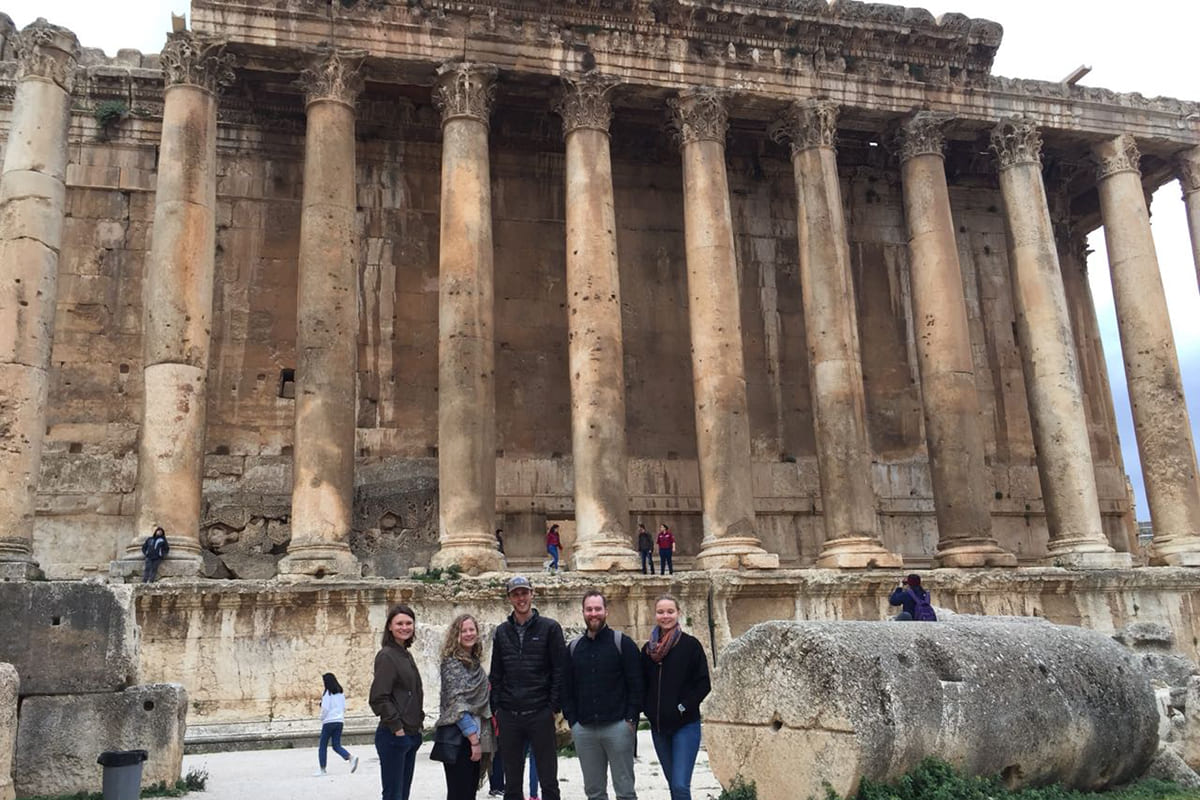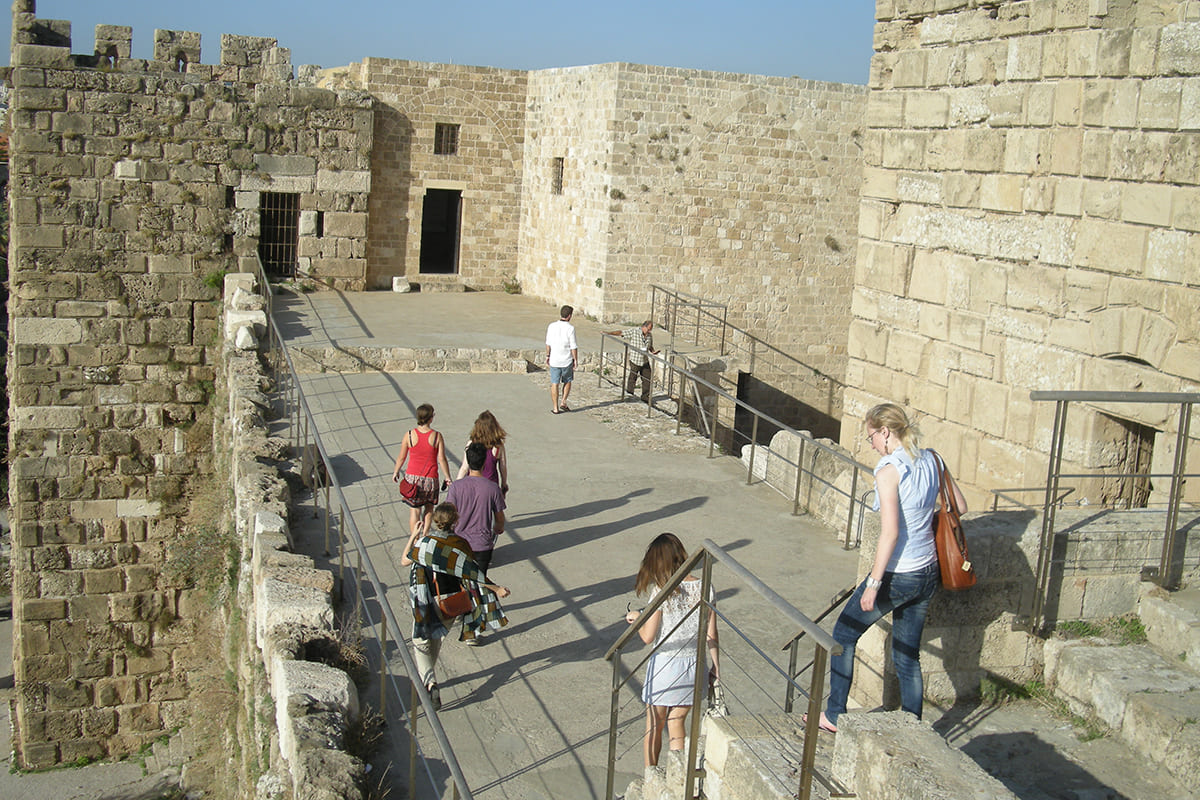Learning Arabic: One Summer Program, Infinite Possibilities
The SINARC Arabic Language and Culture Program maximizes language-learning benefits by utilizing traditional and modern teaching practices.
Adding a new language to one’s roster is always useful, especially one that is ranked the fifth most spoken language worldwide. As the Arabic language continues to receive recognition in the international community as a tool for communication and career advancement, demand for Arabic teaching programs grows.
The SINARC Arabic Language and Cultural Immersion Program, offered through LAU’s International Services and Programs (ISP), has provided year-round opportunities for international students, diplomats, and members of the Arab diaspora, among others, to learn Modern Standard Arabic.
Reiterating LAU’s commitment to fostering cultural diversity and integration on LAU campuses, ISP Senior Director Dina Abdul Rahman noted that “SINARC is a flagship cultural immersion program that has been hosting international students from all over the world for the past 20+ years.”
This summer, the program is offering a four-week, intensive hybrid course that teaches both Modern Standard Arabic (MSA) and the Levantine dialect, starting June 10, 2024.
The program stands out because of the cultural immersion it offers. Senior SINARC Associate Micheline Saadeh remarked that “integrating cultural components into the course content has provided students with valuable insights into the diverse cultures, traditions, and customs of the Arabic-speaking world.”
In acknowledging Arabic’s polyglossic nature, the program offers both an in-depth knowledge of its grammar, structure, and origin, and a comprehensive understanding of how the language is used in everyday contexts.
Saadeh underscores that “the cultural excursions and experiences offered as a part of the program play a pivotal role in enhancing learning and understanding of Lebanese and Arab culture.” Through these getaways, students get the opportunity to learn with their senses, converse with Lebanese locals, and learn the language in context when they visit museums, archaeological sites, and religious institutions.
These experiences allow students to “contextualize their learning within broader historical and cultural narratives and gain a nuanced understanding of the complexities and richness of the local culture,” added Saadeh.
Considering that the program attracts learners from all over the world, many measures are taken to guarantee that they feel included and comfortable. Youmna Chami, a SINARC faculty member said that “the program acknowledges and celebrates the cultural diversity of its participants by embedding cultural sensitivity into its curriculum and activities, and ensuring that all students feel respected, valued, and represented in the learning process.”
There is never a one-size-fits-all solution to learning, especially when taking on a whole new language. That is why SINARC employs a multifaceted approach to teaching Arabic. Students are supplied with a variety of teaching resources; textbooks, multimedia resources, online platforms, original materials such as videos and songs, and news articles.
Furthermore, SINARC instructors make language learning personalized. “We incorporate topics relevant to students’ academic or professional goals, such as Arabic for politics, travel, academia, or others, thereby making the course content engaging and relevant to students’ lives,” mentioned Chami.
“The professors are very open to diversifying the course structure, and they promote different approaches and tailor concepts to be relevant to the students,” added Viola Luraschi, a former SINARC student.
Learn more about SINARC’s summer program, visit the website and apply before May 10, 2024.

